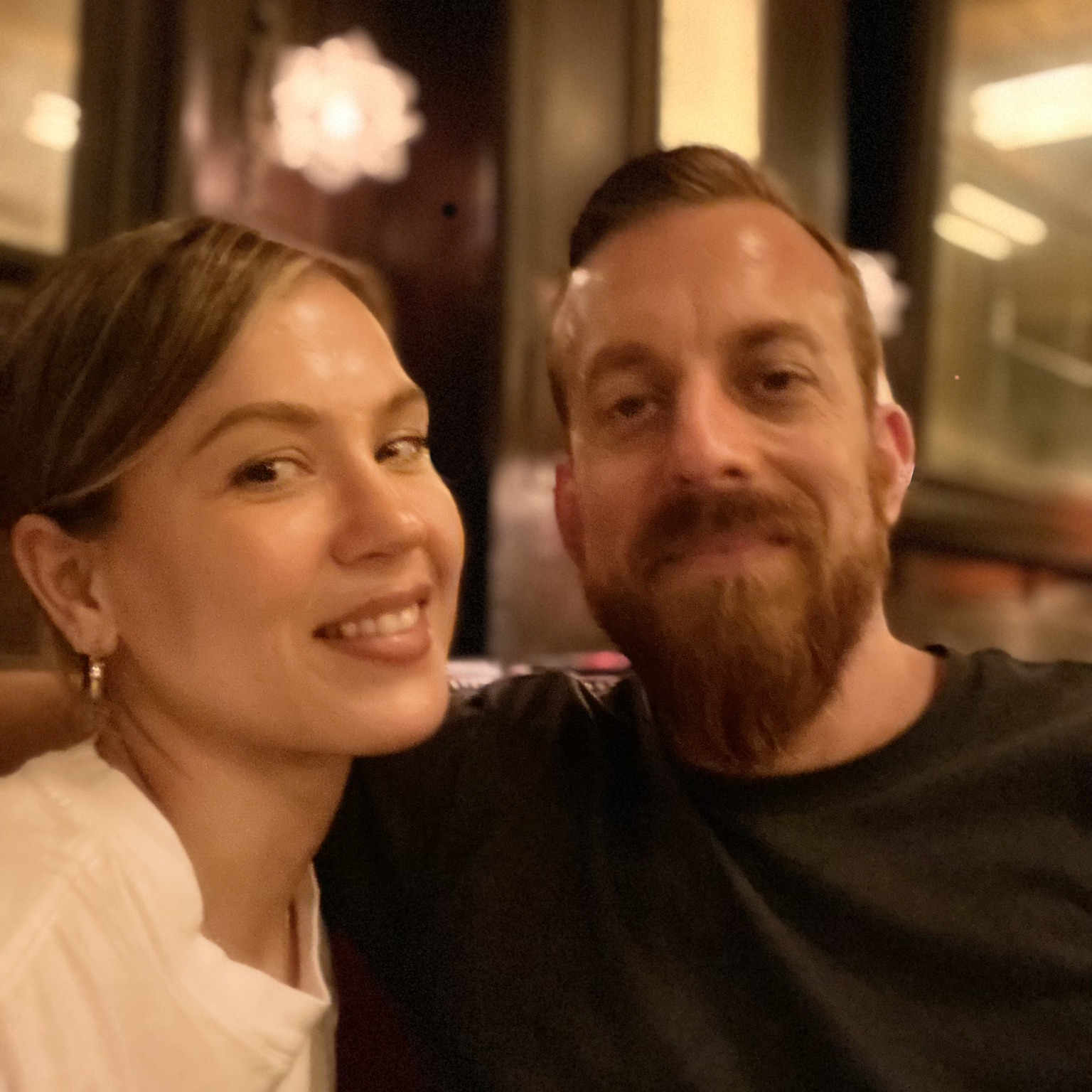Why It’s Important to Look Beyond Relationship Differences to Your Own Reactions

Podcast: Download
Subscribe: Apple Podcasts | RSS
MAUDE: As we write this first blog of the new year, we are posing the question of what goes into a growing fruitful relationship, one where the values of peace and harmony are primary for both parties within the relationship. This same question applies equally to building newer relationships and fostering growth within long term ones.
Regardless of what kind of a relationship you have, this is an important part of finding mutual solutions and making decisions that are fulfilling for both parties. With friends and partners, there is much that lies within the choice of both people to move toward these values. With family relationships, it’s a bit more complicated to align goals, but you can always act individually from your core understanding and try to promote peace with your actions and decisions.
One of the keys is in how you handle differences – differences in wants and needs, differences in behavior, in timing, in the need to be right, in the desire for harmony and in how important it is to each of you for the other person to be fulfilled and at peace within the mutual life.
Most issues arise from how these differences are handled. By looking closely at your own response rather than just reacting, you can evaluate how real and how important these differences are to you. Do they touch on your core values, or are they a matter of habit or preference? Is there another way to satisfy the same thing without emphasizing the difference, and instead finding a place that works for both of you? Are you truly listening to the other and hearing what they express? And if so, is it a real difference or just a different way of expressing the same thing by a different individual? If it is really different, can you incorporate it or change and still stay true to your values?
To answer these questions, you have to know yourself and be willing to reflect on your words and actions. If both people in a relationship are willing to do this, and do it together, a beautiful sense of peace and joy fills the space between them. This, then, is a space where laughter replaces anger and playfulness replaces a sense of opposition.
In 25 years’ worth of dysfunction mail, the single most reliable predictor of relationship misery is a partner who, in some combination, won’t look inward, admit fault… Carolyn Hax, Washington Post 6/1/2023
PHIL: Dissatisfactions in relationships, whether personal or social, arise from the differences between you, and how serious this is depends on whether they are critical differences, or merely ornery ones. A critical difference is when the way you want to live varies drastically from that of the other person – it might be money, closeness, sex, tidiness.
How do you distinguish between a critical difference and just an ordinary one? A critical difference is when you expect and need the other person to think or act like you, as opposed to going “Meh, that’s just how they are.” This is an issue of control, and we believe that the less interference, the better, with the end result of total acceptance. (We’ve written elsewhere about the radical nature and benefits of this.)
Of course, it’s not an either/or choice between critical differences and trivial ones; it’s a matter of degree, though it’s not easy to see where they lie on the spectrum. Some differences you can live with and even come to appreciate and enjoy – for instance, a shy person comes to learn from their extroverted friend. Some differences that might be accepted at first turn into an aching unacceptable gap – for instance, the degree of closeness with each other, whether that is snuggling, touching each other in passing, sex, or, with friends, how much you stay in contact.
Distinguishing between what is important and what is a transitory desire is not always easy to do. Your immediate needs can demand attention as if you have a five-year-old within you, and it takes experience and self awareness (another theme of ours) to see when to yield and when to stay firm.
By looking at how other people are different, and the extent to which that is okay but just not for you, or is plain unacceptable, you will acquire a much stronger sense of self. This is indeed a sense, not a reason; it arises from within, and the words describing it follow.
The complement of difference is similarity, and in diving deep, you will find this, too. Differences divide, while similarities unite, and this is the paradox of human existence: that we are both at the same time. The world is one, and the world is many.
Photo credit: Kai and Cindy
Photo note: Selfie
Read what some other writers have to say on this topic.
Get our free weekly newsletter about how to have a harmonious relationship.
I love this beginning of the new year platform…’so well described by this simple proposal: ” a space where laughter replaces anger and playfulness replaces a sense of opposition.” When we struggle we miss the opportunity for this to happen! Thank you for the clarity and ease this suggests! YAY for 2023..an opportunity to agree to find more ways to laugh and play!
Thank you for hearing what was meant and responding with enthusiasm! It feels good to be heard.
love
Maude
Thank you, thank you for your thoughtful and loving blog. I just read your insightful blog about values and harmony and how to deal with differences. Very wonderful and right to the point – how can we react to thoughts from the past and suggesting that we need to observe ourselves to change our reactive nature and becoming nonreactive.
With much gratitude and love always
Roswitha